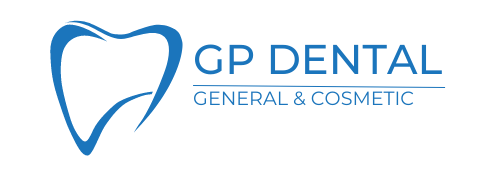Brushing and flossing your teeth are essential practices in maintaining oral health for several reasons:
- Removal of Plaque: Brushing and flossing help remove plaque, a sticky film of bacteria that forms on the teeth and gums. Plaque produces acids from the sugars in the food we eat, which can erode tooth enamel and lead to cavities.
- Prevention of Gum Disease: Plaque can also harden into tartar if not removed, contributing to gum disease (gingivitis), which can progress to periodontitis, a more severe infection that can damage the soft tissue and bone that support your teeth.
- Prevention of Bad Breath: Regular brushing and flossing help eliminate bacteria and food particles that cause bad breath.
- Aids in Overall Health: Poor oral health has been linked to several systemic diseases, including heart disease, diabetes, and stroke. Maintaining good oral hygiene can help protect your overall health.
- Prevention of Tooth Loss: By preventing the development of tooth decay and gum disease, brushing and flossing contribute to the preservation of your natural teeth for as long as possible.
- Whitening Your Smile: Brushing helps remove stains from the surfaces of your teeth, keeping them looking whiter and brighter.
- Cost-Effective: Maintaining good oral hygiene practices like brushing and flossing is a cost-effective way to prevent expensive dental treatments that result from neglecting your teeth.
Brushing should be done at least twice a day with fluoride toothpaste, and flossing should be performed daily to clean between the teeth where a toothbrush cannot reach. Together, brushing and flossing are the cornerstone of a healthy oral hygiene routine.
